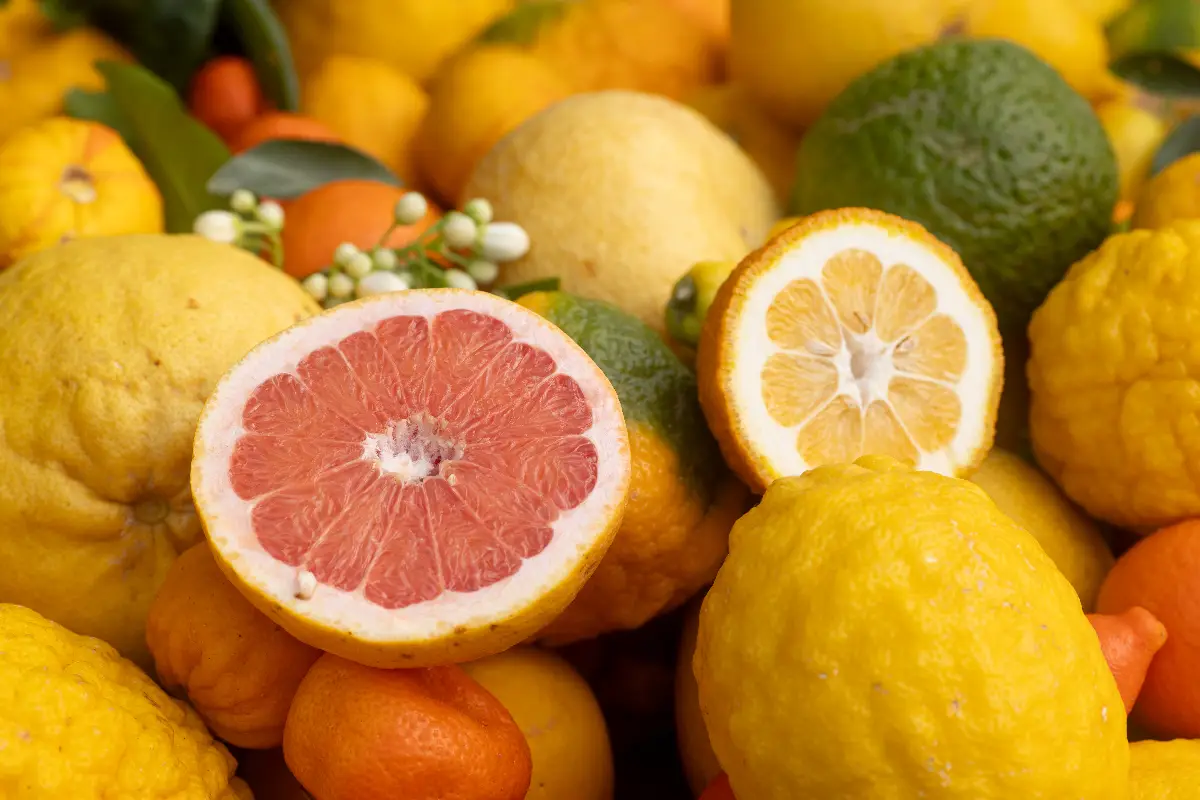
Citrus fruits: Italian production worth 1.8 billion euros
Crea data on the occasion of Citrus Day, report 3.2 million tons in volume

“Over 1,800 million euros and 3.2 million tons of production. These, according to Crea data, are the numbers that make Italy one of the main producers of citrus fruits in Europe, with an offer that ranges from oranges, lemons, mandarins, grapefruits, clementines and bergamots. Their organoleptic quality, also due to the privileged geographical position, has allowed Italian citrus growing to stand out for sustainability, attention to consumer health and a strong identity linked to the Mediterranean diet and territory. As Crea, for over 150 years, we have been the scientific point of reference for the supply chain and we constantly work on innovation and competitiveness, with an ever greater effort towards technology transfer”. Thus the president of Crea Andrea Rocchi , on the occasion of Citrus Day, the usual annual event, eagerly awaited by stakeholders, to take stock of the sector, organized for today, February 21, by Crea Olivicoltura, Frutticoltura e Agrumicoltura, at its headquarters in Acireale.
Articulated in the usual Pomological Exhibition dedicated to the large collection of citrus fruits present at the Crea experimental companies, including the new patented varieties and those in the process of being patented. This is an annual event, in which for over a century Research has met the various stakeholders, organizations and the entire national citrus supply chain to guide future activities, present the results achieved, compare the existing varietal panorama with the innovations obtained.
Crea's commitment was illustrated in the conference that took place immediately after the Exhibition. Genetic improvement, process and product innovations, plant protection, sustainability, quality and traceability: Crea researchers have always been committed to recovering, protecting and enhancing agrobiodiversity, especially citrus, and above all to innovating with cutting-edge techniques, such as Assisted Evolution Technologies (TEA), capable of both protecting the typicality of local products - adapting them to new consumer demands and climate challenges - and improving the quality of the fruit. But research is also focused on the choice of rootstock, which is crucial to guaranteeing the productivity of citrus groves, the quality of production and resistance to parasites and environmental stress.
However, environmental sustainability remains essential: for example, by using nitrogen-fixing microorganisms and bacteria to reduce the use of synthetic nitrogen fertilizers, with significant benefits for the global climate, food production, soil health and human health. Or by using those agricultural practices - grassing, agroforestry, reduction of tillage, amendment and recycling of organic matter - capable of increasing the amount of carbon dioxide sequestered in the soil and in plant biomass, helping to mitigate climate change.
In particular, the Acireale branch has distinguished itself in over 150 years of activity for having spread numerous varieties of citrus fruits throughout the national territory, working on all aspects of the supply chain, from varietal choice to cultivation techniques, from biotechnology to post-harvest, from defense against parasites to the transformation and valorization of by-products. All this makes the Acireale branch a scientific and technical point of reference for the entire national citrus supply chain.
EFA News - European Food Agency